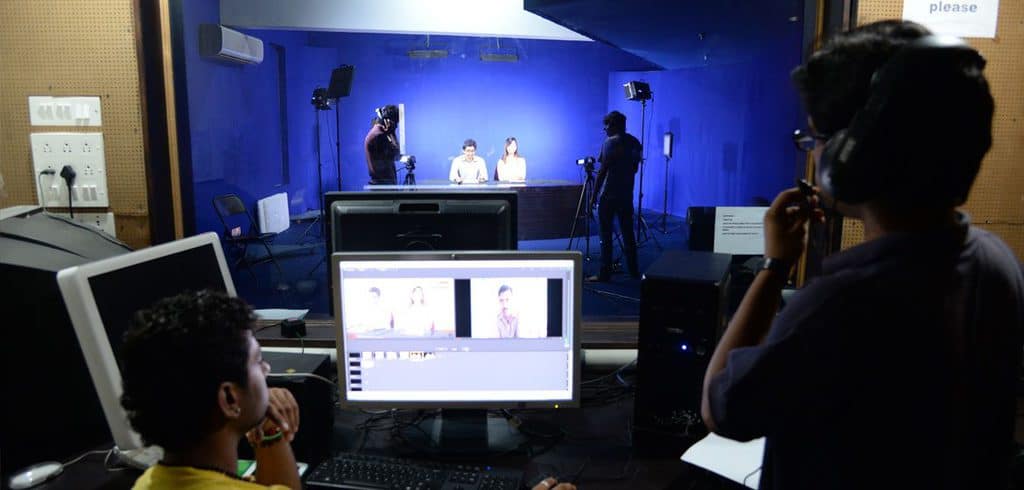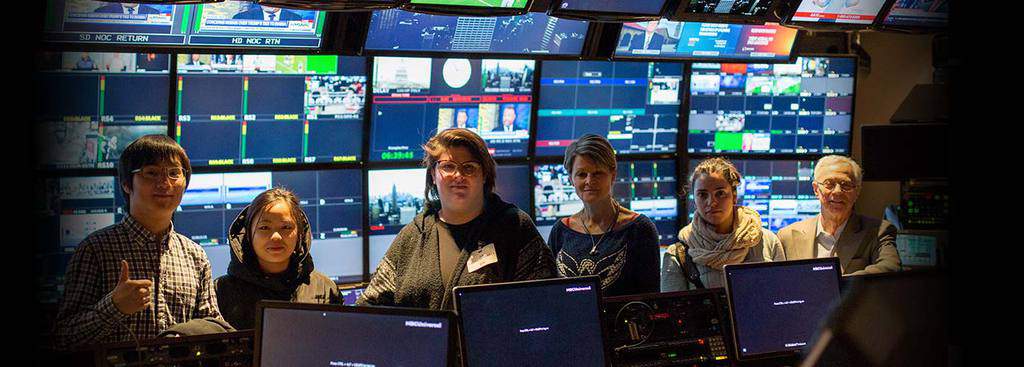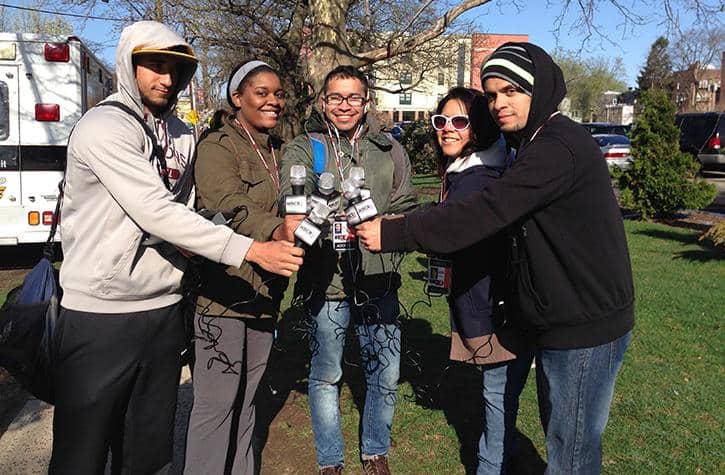Journalism students today have a plethora of options awaiting them regarding the branch of journalism they’d most like to study. From newspapers and television to the internet and it’s ever-increasing role in delivering the news to the hungry public – there is something for every personality and style. Broadcast journalism is one of the most important and popular types of journalism in existence.

What is Broadcast Journalism?
Broadcast journalism is by definition any method of news that is published rather than printed. This might include radio news, cable news, and even internet news along with the traditional television news. The journalist who specializes in broadcast journalism reports the news rather than writing the news for others to read for the most part. Some broadcast journalists include anchors, radio news jockeys, correspondents, etc.

Difference between Broadcast Journalism and Print Journalism
The difference between broadcast journalism and print journalism is typically about the updates and how the general public receives the news. For instance, broadcast journalism is typically updated every day and even sometimes more than once each day. For instance, local news stations report the news between three and four times each day, where as print journalism (newspapers, magazines) report once a day and usually even less.

With print journalism, the focus tends to be on the larger picture whereas broadcast journalism tends to bread down each detail of a story, reporting in full on that one detail. Something someone said, a judge’s decision, evidence found – these are all things a broadcast journalist might investigate fully before reporting on.

Skill Sets Needed for Broadcast Journalism
Depending upon the branch of broadcast journalism one goes into, different natural talents and skills are needed. For instance, anchors that will appear on the news each day should naturally be attractive to the public with the ability to report details in an objective way. Radio journalists must have the ability to convey different emotions and moods with their voice, as well as having a voice that sounds nice.

Videography, photography, writing, people orientation and mass communications are just some of the skill sets that benefit the broadcast journalist. Because there are so many different types of broadcast journalism, the skill set required depends upon the job a potential journalist is pursuing.

However, journalists who have a lot of experience and skill will likely be chosen over those that have less – simply because media stations rely on professionalism and knowledge about the industry when attempting to sell a journalist to the public. Having these skill sets and the experience helps.


















